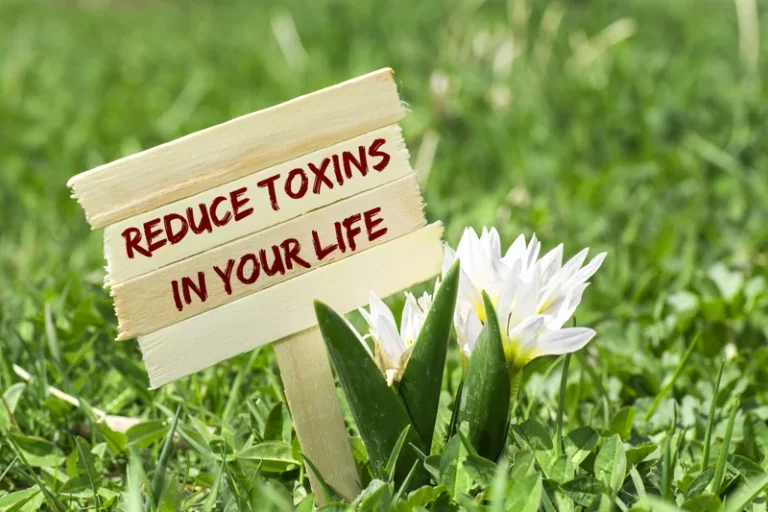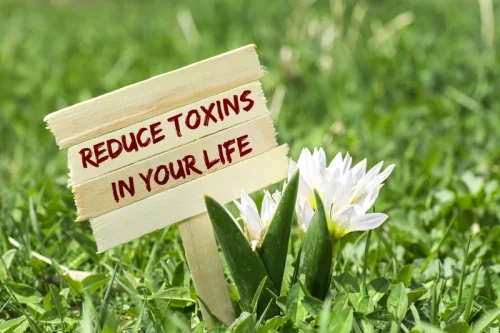
Therefore, Frank likely felt that drinking could allow him to maintain his facade more easily and come across as more natural, allowing him to come up with answers and bond with Sritala on the fly. I became passionate about the benefits of an alcohol-free lifestyle and decided to start a sobriety group which would inspire other women to do what I had done. One of the (many) benefits that I experienced in sobriety was a surge of energy and motivation. Energy which had been spent “keeping the show on the road” while feeling constantly under par due to my daily drinking.
- A lapse is a brief return to drinking or using drugs, but the individual quickly stops again.
- It can, however, be managed with the right treatment and support.
- At least for many of us in recovery, supportive communities and visible symbols of commitment play indispensable roles in the choice to remain sober.
- While it offers a potentially less daunting goal than absolute abstinence for some, it also carries significant risks that cannot be overlooked.
- A relapse isn’t the end—it’s a sign that more support is needed, and therapy is a strong place to start.
- Taking these steps can help make their long-term recovery a reality.
Can a Recovering Alcoholic Ever Drink Again?

Alcoholism, more formally known as Alcohol Use Disorder (AUD), is a medical condition characterized by an impaired ability to stop or control alcohol use despite adverse social, occupational, or health consequences. It encompasses a spectrum of behaviors ranging from binge drinking to physical dependence on alcohol. There are many reasons a person in recovery may decide to drink again. The drinker may have been in recovery for a while and became too comfortable.

Should Recovering Alcoholics Still Drink?
Achieving and maintaining sobriety is a complex and deeply personal journey that varies from one individual to another. While the path is often marked by setbacks, including relapse, each step forward is a testament to the resilience and strength of those fighting to overcome addiction. The exploration of whether an alcoholic can ever drink again is nuanced, reflecting the individual differences in the experience and management of addiction and recovery. Alcoholism is often described in stages, from the initial phase of occasional binge drinking to the final stage of chronic alcohol dependence.
More on Substance Abuse and Addiction
This approach often creates a strong foundation for stability and Alcohol Use Disorder growth. At Boardwalk Recovery Center, we specialize in supporting individuals struggling with alcohol abuse. We are here to support our clients and their families to navigate life in sobriety.
How Can I Explain All of This to My Friends and Family?
- Over time, you can stop wondering “can alcoholics drink again?
- We each deal with the decision to quit drinking alcohol in our own ways, though the common threads in our stories can be helpful, both to keep us sober as well as to help others stop drinking.
- For this reason, complete abstinence from alcohol is often necessary to manage alcohol addiction and prevent relapse.
- If you find yourself in an emotional relapse, try to learn more about how you can practice self-care.
Programs like IOP Pennsylvania (Intensive Outpatient Programs) provide structured group therapy while allowing you to continue daily life. These programs help with accountability, emotional support, and skill-building. Regular meetings keep recovery a priority and remind you that you’re not alone. The importance of social support in recovery populations is clear—people with strong networks have better long-term success.

Similarly, SMART Recovery offers science-based tools that help individuals focus on managing thoughts, emotions, and behaviors to maintain sobriety. Specialists in addiction treatment largely recommend abstinence as the safest and most sustainable choice. Research consistently shows that complete sobriety minimizes the risk of relapse and improves mental, emotional, and physical well-being over time. Drinking may place recovering individuals in environments that encourage binge drinking or exposure to other substances. These influences can make it even more challenging to maintain control.

For us all, the path has obstacles, whether rocks or boulders, that challenge our commitment to abstain from alcohol. Many of us feel that the support of others serves as a cornerstone of our sobriety. Recovery is not a linear process; it involves ups and downs, victories and setbacks. The key is consistency and the willingness to persist even when challenges arise. Central to this process is the development of an understanding of one’s own triggers and the building of strategies to manage them. In this spirit, our discussion today is not just about the risks but about understanding the broader implications of choices in recovery.
Cognitive Behavioral Therapy (CBT) and Medication-Assisted Treatment (MAT) reduce relapse risk by addressing cravings, thought patterns, and behavioral triggers. Continuous engagement in peer support programs further reinforces accountability and self-regulation, increasing the likelihood of long-term sobriety. Again, it’s really important to note that moderate drinking is not suitable for everyone, and not safe for any people who have a diagnosable alcohol use disorder. Alcohol abuse, alcohol dependence, and alcohol addiction fall under the clinical diagnostic criteria for alcohol use disorder (AUD). For recovering alcoholics, moderation may also bring psychological struggles. Attempting to drink socially can trigger memories of past behaviors and create internal conflicts about their recovery journey.
Relapse doesn’t erase progress, but it’s a sign that something needs to change. The key is to learn from the relapse, adjust your plan, and keep moving forward. Abstinence is essential for recovering alcoholics to reach their goals and maintain their sobriety. By eliminating the temptation of alcohol completely, individuals can focus on their recovery journey without the constant struggle of resisting the urge to drink. This unwavering commitment to sobriety can lead to a more fulfilling life than when they were drinking alcohol, even after quitting drinking.

Can You Drink Alcohol Everyday and Not be an Alcoholic?
What may begin as occasional binge drinking going back to drinking after being sober can develop into dependency over time. For those with a history of addiction, returning to drinking—even in moderation—is rarely sustainable. Our IOP and clinical services are specifically designed to help clients combat alcohol addiction and reintegrate into society while avoiding triggers that could lead to relapse.